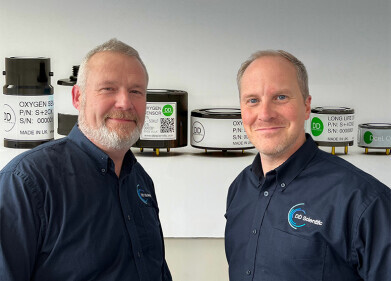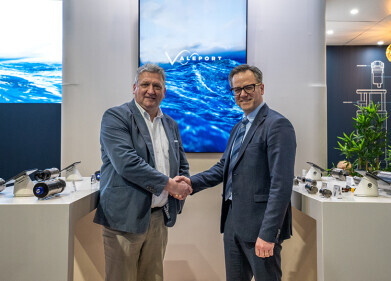Business News
Data scientists’ global battle to create air quality forecast solution for Uganda
May 01 2020
Data scientists are taking part in a global competition to create a computer process that will accurately predict air quality in Uganda – with the winner’s solution being used to help the country’s environment experts make policy and planning decisions.
Using the Zindi data science competition platform, over 400 data experts from countries including Tanzania, India, Nigeria, Japan, and the UAE are using information collected hourly from sensors in Kampala to accurately forecast air quality for a future 25-hour period.
The ability to accurately predict air quality over short time periods will empower everyone from governments to families to make informed decisions to protect health and guide people’s actions.
The AirQo Ugandan Air Quality Forecast Challenge runs until 31 May on Zindi and anyone can compete for a share of a $5,000 prize fund, with the winner’s solution being put into practice in Uganda. There is still time for data scientists to enter the competition – find out more and enter here.
The competition is organised by environmental scientists at the University of Birmingham and Makerere University, Kampala, in partnership with Zindi – Africa’s largest data science competition platform focused on solving the continent’s most pressing problems.
It is supported by two projects: DAQ (Digital Air Quality) funded by EPSRC and ASAP (A Systems Approach to Air Pollution) East Africa funded by DFID. Both ASAP and DAQ are multi-disciplinary research projects led by the University of Birmingham focusing on urbanisation and air quality in east Africa, with a focus on Uganda, Kenya and Ethiopia.
Professor Francis Pope, ASAP East Africa project lead, from the University of Birmingham, commented: “One of the main indicators of air quality is PM2.5. Generated by traffic, industry and burning fossil fuels, these particles are invisible to the naked eye, but can cause major health problems.
“We hope that one of our competitors will devise a forecasting solution that can be put into practice – allowing people in Uganda to make decisions about their day-to-day lives based on reliable forecasts of the threat to health from air pollution.”
Paul Green, AirQo Technical Project Manager, Makerere University commented: “Competitors could see their solution significantly improve quality of life for people in Uganda. With accurate forecasting, for example, if we know that the next day will see high levels of air pollution then sports or other events can be rescheduled or relocated.
“The solution could be life-saving. Sensitive groups such as children, the elderly, sick or those with respiratory illnesses may need to remain inside. Schools can plan the timing of outdoor activities such as field trips or sports events with confidence.”
He added that activities known to contribute to poor air quality such as high traffic volumes, rubbish burning, cooking using charcoal and firewood, even construction or other government works could also be reconsidered depending on the forecast.
Air quality forecasts could be used to inform public awareness and be built into safety alerts, becoming part of daily news coverage or social media in the same way that weather is currently presented.
Until recently there has been a lack of data on air quality across sub-Saharan Africa. Reference-grade monitors are extremely expensive, and without access to data it is very difficult to raise awareness of the issues, or for government, business and individuals to know which actions to take to improve air quality and protect community health.
AirQo has built a low-cost network of sensors and collected data across 65 locations in Uganda with some sites monitoring for over three years. There is now a wealth of data which can be used to achieve impact in this critical area. Birmingham University’s ASAP East Africa project makes use of this and similar data to gain insights into the relationship between urbanisation and air quality.
Digital Edition
IET 34.2 March 2024
April 2024
Gas Detection - Biogas batch fermentation system for laboratory use with automatic gas analysis in real time Water/Wastewater - Upcycling sensors for sustainable nature management - Prist...
View all digital editions
Events
Apr 22 2024 Hannover, Germany
Apr 22 2024 Marrakech, Morroco
Apr 23 2024 Kuala Lumpur, Malaysia
Apr 23 2024 Kintex, South Korea
Apr 23 2024 Edmonton, AB, Canada




















